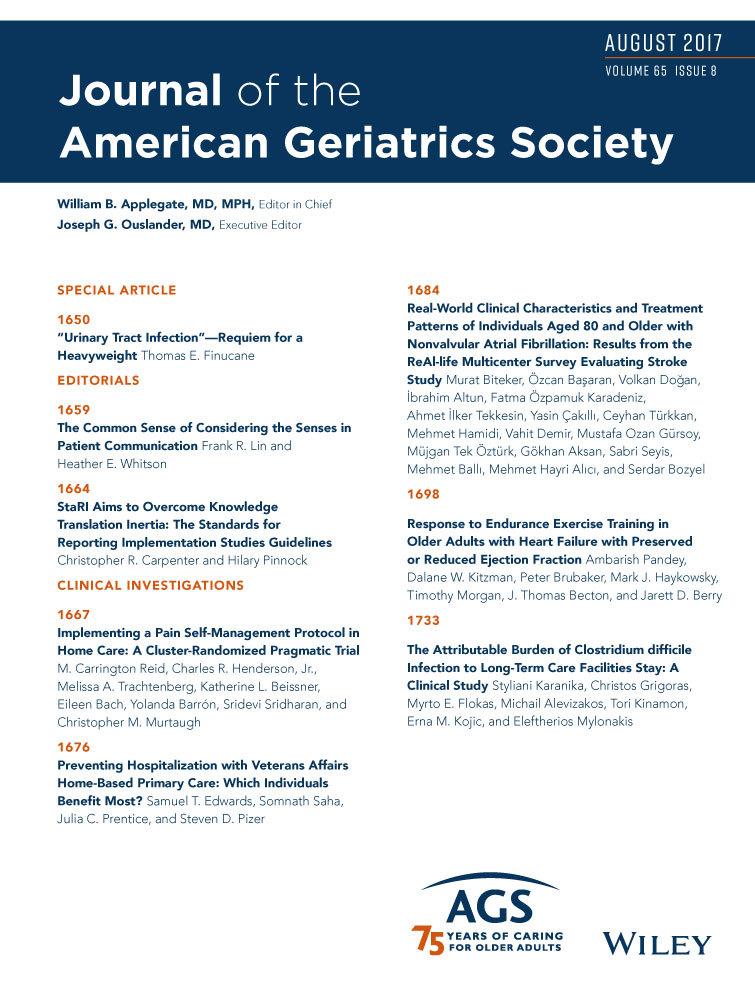Headline
Home-based primary care (HBPC) program reduced hospitalizations for older adults with diabetes, especially those with higher levels of medical complexity.
Context
The Department of Veterans Affairs (VA) HBPC program is an integrated primary care model that has shown promise in reducing costs and hospitalizations for veterans with complex health needs. This retrospective study assessed how medical complexity modifies the effect of VA HBPC enrollment on hospitalizations for ambulatory care-sensitive conditions (ACSC) in older adults enrolled in Medicare with diabetes mellitus, a common diagnosis for HBPC enrollees that is associated with high health care use.
Findings
HBPC was associated with fewer ACSC hospitalizations for program enrollees, including those who were in the highest quartile of medical complexity. Participants in the lowest quartile of medical complexity experienced more ACSC hospitalizations, but this outcome could have resulted from identification of health issues that led to needed hospitalizations.
Takeaways
HBPC is shown to be effective in reducing hospitalizations in older adults with diabetes mellitus, especially when targeting those with higher levels of medical complexity.

